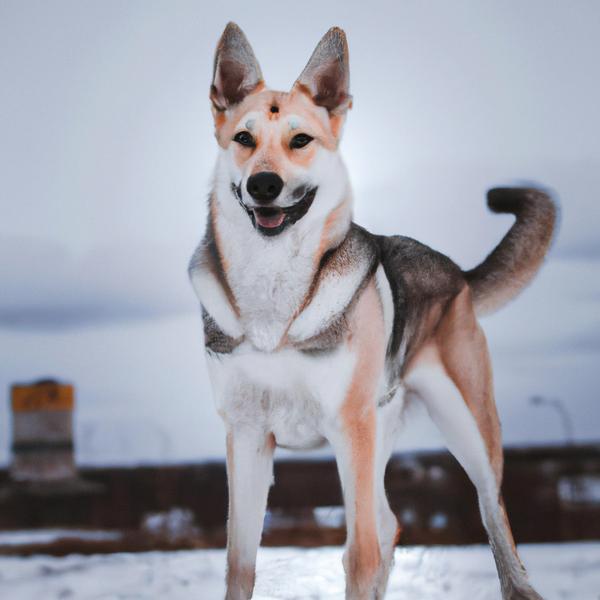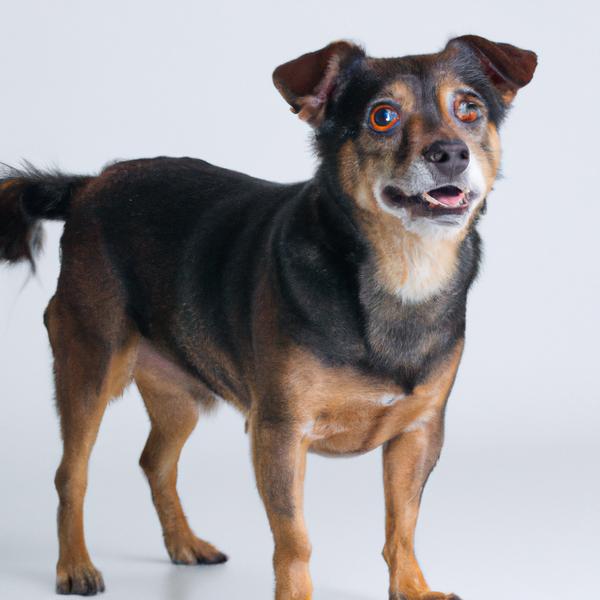Gerberian Shepsky vs. Copica: Breed Differences and Similarities
Hypoallergenic
Are Gerberian Shepskys or Copicas hypoallergenic, or neither?
Unfortunately, neither Gerberian Shepsky nor Copica are hypoallergenic, which may not make them the best choice for dog lovers who suffer from pet allergies.
Temperament
What are the personalities of Gerberian Shepsky and Copica dogs?
Curious
Alert
Courageous
Intelligent
Confident
Friendly
Outgoing
Obedient
Loyal
Gentle
Watchful
Playful
Loving
Alert
Intelligent
Friendly
Responsive
Affectionate
Loyal
Lively
Going
Social
Cheerful
Shedding Level
Do Gerberian Shepskys shed more than Copicas, or which breed sheds more, Gerberian Shepskys or Copicas?
Gerberian Shepskys shed a lot of hair each year, so frequent brushing is essential for reducing shedding and maintaining coat health.
Copicas are moderate shedders, but regular brushing can reduce shedding and maintain coat health.
Watchdog Ability
Which dog breed makes a better watchdog, the Gerberian Shepsky or Copica?
Gerberian Shepskys make excellent watchdogs - they're vocal and protective of their territory.
Copicas aren't great guard dogs; they tend to just watch without taking action.
Ancestry
What are the origins of Gerberian Shepsky and Copica breeds?
Siberian Husky, German Shepherd
Corgi and Cockapoo
Date of Birth
When were Gerberian Shepsky and Copica breeds first developed?
Unknown
Eye Color Possibilites
What are the eye colors of Gerberian Shepsky and Copica dogs?
Blue
Brown
Brown
Nose Color Possibilites
What are the natural nose colors of Gerberian Shepsky and Copica?
Black
Black
Coat Color Possibilites
What are the natural colors of the coat for Gerberian Shepsky and Copica breeds?
Brown
Cream
White
Red
Blue
Brown
Black
Black
White
Fawn
Coat Length
What is the typical coat length for Gerberian Shepsky and Copica breeds?
Gerberian Shepskys have longer coats compared to most dogs.
Copicas have medium-length coats.
Coat Density
What is the density of the coat of Gerberian Shepsky and Copica?
Coat Texture
What is the hair texture of Gerberian Shepsky and Copica?
Straight
Litter Size
What is the usual litter size for Gerberian Shepsky and Copica?
A Gerberian Shepsky can have a litter of 6-10 puppies on average. However, it's worth noting that the size of the litters can vary greatly. Factors that can influence litter size include the health of the mother, breeding history, and genetics.
A Copica can have a litter of 4-6 puppies on average. However, it's worth noting that the size of the litters can vary greatly. Factors that can influence litter size include the health of the mother, breeding history, and genetics.
Adaptability
Gerberian Shepsky and Copicas are known for their adaptability and versatility. They are capable of adapting well to a wide range of lifestyle changes and living environments, making them great companions for families and individuals of all lifestyles.
Health Issues
Between Gerberian Shepsky and Copica, which breed is more prone to health problems?
Gerberian Shepskys typically have low vet costs due to their good health, but it's important to monitor their health and seek vet care when necessary.
While the Copica breed is generally healthy, occasional vet check-ups are still necessary to address any health concerns.
Major Concerns
What are the major health concerns for Gerberian Shepsky and Copica breeds?
Patellar Luxation
Hip Dysplasia
Epilepsy
Progressive Retinal Atrophy (PRA)
Intervertebral Disc Disease
Congenital Heart Defect
Minor Concerns
What minor health issues should be kept in mind when owning Gerberian Shepsky and Copica?
Cataracts
Endocrine Pancreatic Insufficiency (EPI)
Epilepsy
Occasional Tests
What occasional tests are recommended for Gerberian Shepsky and Copica breeds?
X-Rays
Full Physical Examination
Ocular Tests for Eye Problems
X-Rays
Physical Examination
Neurological Examination
Angiocardiogram
Energy
How do the energy levels of Gerberian Shepskys and Copicas compare?
For those who lead a balanced lifestyle, Gerberian Shepsky and Copica breeds may be a good choice as they have an average energy level.
Social Needs
Gerberian Shepsky vs Copica social needs comparison
Gerberian Shepsky has average social needs and is less independent than other breeds.
Copica has above average social needs and thrives with interaction with humans and other dogs.
Exercise Needed
Gerberian Shepsky vs Copica exercise need comparison.
Gerberian Shepskys require significant physical activity and suit those with an active lifestyle.
Copicas need only a small amount of physical activity, ideal for busy or elderly people or those with limited space.
Sleeping Need
Which of the two sleeps the most/least: Gerberian Shepsky or Copica?
Gerberian Shepskys are active and require sufficient sleep to stay healthy.
Copicas have moderate energy levels and typical sleep patterns of 12-14 hours per day.
Tendency to Bark
Do Gerberian Shepskys or Copicas bark more/less frequently?
Gerberian Shepskys bark moderately when necessary and may also bark due to certain triggers like fear, alarm, boredom, greeting, separation anxiety and compulsive barking.
Copica dogs are generally less vocal than other breeds and only bark when necessary, such as to alert their owner or communicate.
Mouthiness
Mouthiness Comparison: Gerberian Shepsky vs Copica?
Roaming urge
Gerberian Shepsky vs Labrador: Running away tendency?
Prey Drive
Gerberian Shepsky or Copica - which breed has a higher level of prey drive?
Activity Level
Which breed has higher energy, Gerberian Shepskys or Copicas?
Gerberian Shepskys are high-energy dogs. They need mental as well as physical exercise. These dogs require a lot of your involvement and without it they can, and will, become problematic dogs.
Copicas are medium-energy dogs and typically enjoy socializing and playing casual or even sustained games of chase with other dogs. They may also have occasional periods of barking or racing around the house.
Tolerance of being left alone
Walks per Week
How many miles should Gerberian Shepsky or Copica walk each week?
There's really no limit to how far you walk your dog as long as they're comfortable. For Gerberian Shepsky, it's at least 11 miles / week. Just remember to build distance and stamina gradually over time.
There's really no limit to how far you walk your dog as long as they're comfortable. For Copica, it's at least 6 miles / week. Just remember to build distance and stamina gradually over time.
Activity per Day
Do Gerberian Shepskys or Copicas require more exercise?
In general most Gerberian Shepskys usually need at least 120 minutes of exercise daily. This can be spread across the day and include all sorts of high-energy activities, like walking, running and playing.
In general most Copicas usually need at least 40 minutes of exercise daily. This can be spread across the day and include all sorts of high-energy activities, like walking, running and playing.
Grooming
Which breed is easier to maintain in terms of grooming, Gerberian Shepskys or Copicas?
The Gerberian Shepsky requires an average amount of grooming compared to other breeds.
Copicas require significant grooming, including regular trims and professional grooming assistance to maintain their coat. They may also require frequent bathing to keep their coat and skin healthy.
Brushing Frequency
What is the recommended brushing frequency for Gerberian Shepsky and Copica dogs?
Gerberian Shepsky should be brushed at least once a week. Of course you can give them more frequent brushes if you find that they are still shedding a lot
Ideally, Copica should be brushed at least 2 or 3 times a week (preferably daily) improve shedding.
Brushing Tools
What brushing tools are used for Gerberian Shepskys and Copicas?
Comb
Nail Clipper
Slicker Brush
Comb
Nail Clipper
Cups
How much food should be given to Gerberian Shepsky or Copica in cups?
For an average 50-88 pound (23 - 40 kg) Gerberian Shepsky feed 3 cups daily. But, keep in mind, the amount you feed is going to be dependent on the quality of the food you are feeding.
For an average 15-25 pound (7 - 11 kg) Copica feed 1 cups daily. But, keep in mind, the amount you feed is going to be dependent on the quality of the food you are feeding.
Daily Cost
Which breed has a higher daily cost, Gerberian Shepsky or Copica?
The average cost of a Gerberian Shepsky is somewhere $2.10 - $2.70 per day.
The average cost of a Copica is somewhere $1.10 - $1.40 per day.
Monthly Cost
Which breed has a higher monthly cost, Gerberian Shepsky or Copica?
The average per month expenses of a Gerberian Shepsky is between $55 - $70. This makes an average of $660 - $840 per year. It will be on the higher side when the dog is still small because it will need more frequent visits to the vet, shots.
The average per month expenses of a Copica is between $35 - $42. This makes an average of $420 - $504 per year. It will be on the higher side when the dog is still small because it will need more frequent visits to the vet, shots.
Intelligence
Comparing Intelligence: Gerberian Shepskys vs Copicas
Gerberian Shepsky is a very intelligent and trainable breed.
Copica is highly intelligent and very trainable.
Sensitivity Level
How do Gerberian Shepsky and Copica compare in sensitivity?
This breed is sensitive to its environment and best suited for patient and understanding families with a consistent routine.
This breed is sensitive and requires gentle handling and a calm home environment.
Affection Dependance
Which is the more affectionate dog breed: Gerberian Shepsky vs Copica?
Apartment Friendly
Which breed is more apartment-friendly: Gerberian Shepsky or Copica?
Gerberian Shepskys are good apartment dogs as long as they get enough exercise and stimulation outside of the apartment.
Copicas make excellent apartment dogs, being fairly active indoors and not requiring a yard.
Child Friendly
Do Gerberian Shepskys or Copicas have a friendlier temperament towards children?
The typical characteristics of Gerberian Shepsky and Copica indicate that this breed of dog is an ideal companion for kids and makes them family pets. Their gentle and protective nature and calm mentality make them gel along quickly with the younger humans.
Senior-friendly
Which dog is more suitable as a pet for the elderly - Gerberian Shepsky or Copica?
Cat Friendly
Do Gerberian Shepsky or Copica breeds have a better compatibility with cats?
Gerberian Shepskys are somewhat cat friendly and can be trained to get along with cats.
Copicas are very friendly with cats and make great companions for them.
Dog Friendly
Which breed is more sociable with other dogs: Gerberian Shepsky or Copica?
Gerberian Shepskys and Copicas are friendly, active and loyal companions. They generally love to be around other dogs, making them a good family pet for some.
Pet friendly
How do Gerberian Shepsky or Copica dogs interact with other pets?
Stranger Friendly
Which breed is more friendly with strangers: Gerberian Shepsky or Copica?
Gerberian Shepsky and Copica are friendly dogs and typically won't bark at strangers. However, if you wish to change this behavior, training them is easy thanks to their intelligence, making it pretty simple to teach them anything.
Playfulness
Which breed is more playful between Gerberian Shepsky and Copica?
Gerberian Shepsky and Copica are playful dogs. So, no matter how busy the day may get, the best thing you can do for Gerberian Shepsky and Copica is to make time each day to play. It can be as little as 15-20 minutes, and it will mean the world to them.
Trainability
How do the trainability levels of Gerberian Shepskys and Copicas compare?
Gerberian Shepskys are usually easy to train but require consistency to fully obey commands.
Copicas are popular for their ease of training and quick learning ability.
Compare Gerberian Shepsky with other breeds
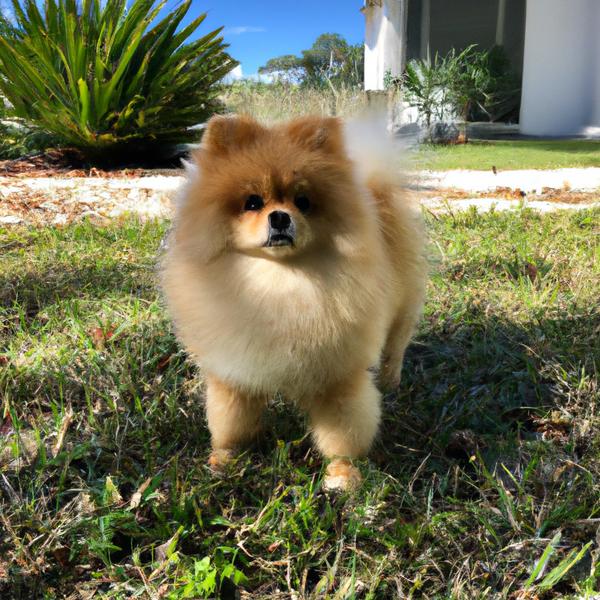
La Pom
Gerberian Shepsky vs La Pom
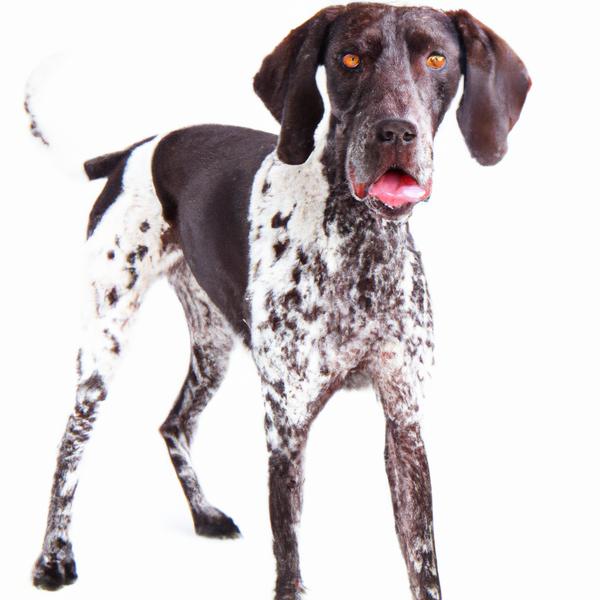
Lab-Pointer
Gerberian Shepsky vs Lab-Pointer
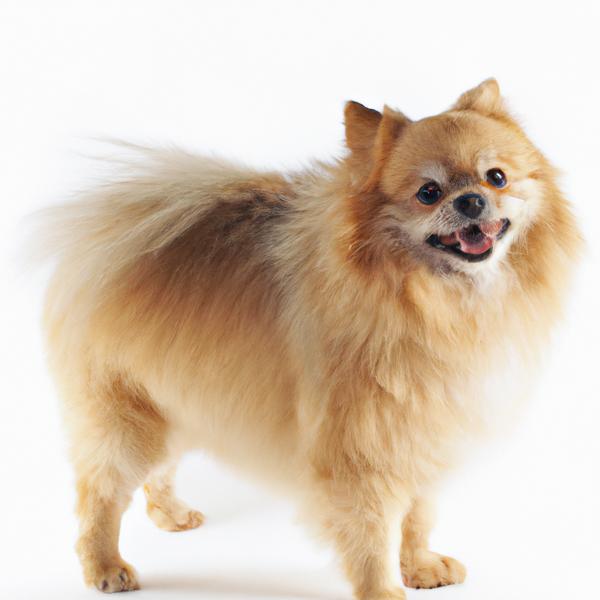
Pineranian
Gerberian Shepsky vs Pineranian
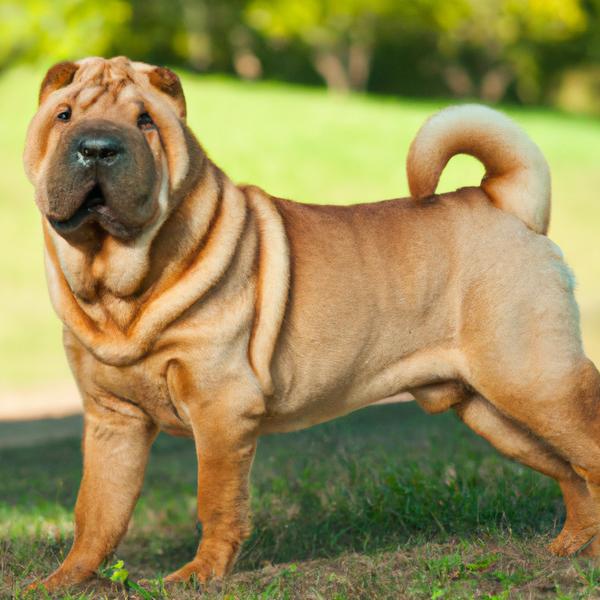
Chinese Shar-Pei
Gerberian Shepsky vs Chinese Shar-Pei
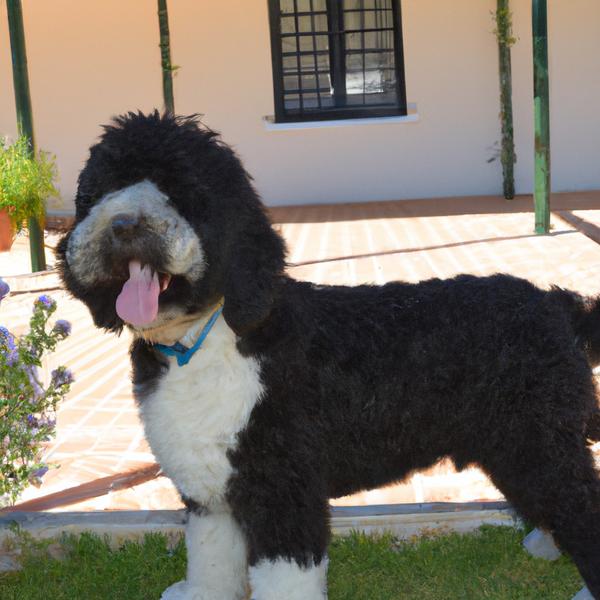
Portuguese Water Dog
Gerberian Shepsky vs Portuguese Water Dog
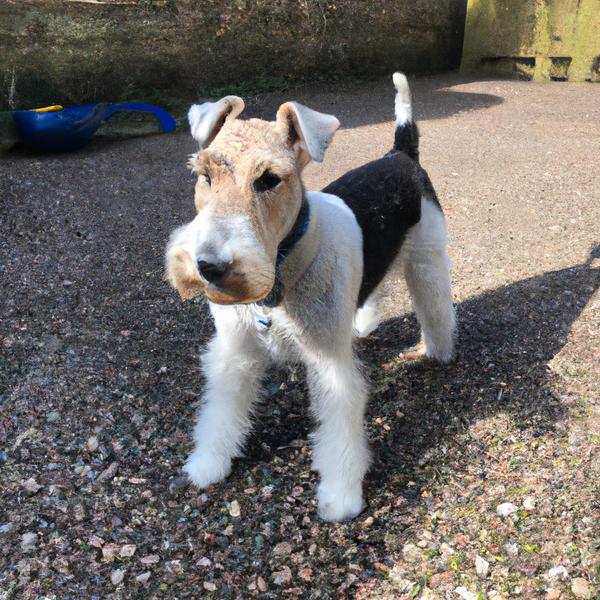
Mini Scottish Fox Terrier
Gerberian Shepsky vs Mini Scottish Fox Terrier
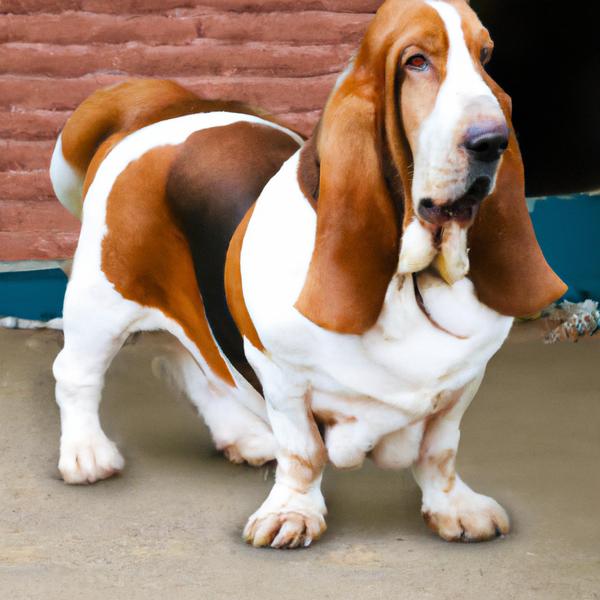
Hush Basset
Gerberian Shepsky vs Hush Basset
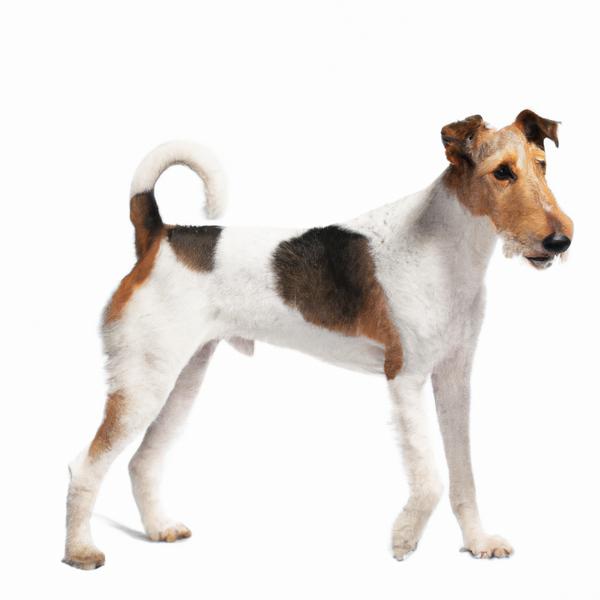
Smooth Fox Terrier
Gerberian Shepsky vs Smooth Fox Terrier
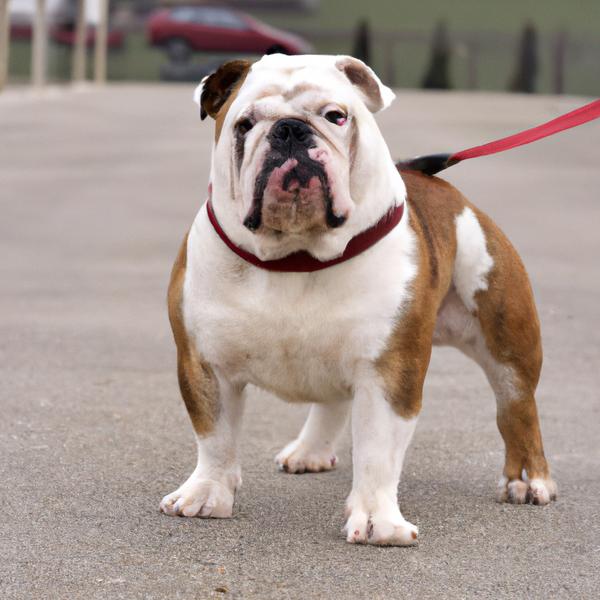
Free-Lance Bulldog
Gerberian Shepsky vs Free-Lance Bulldog
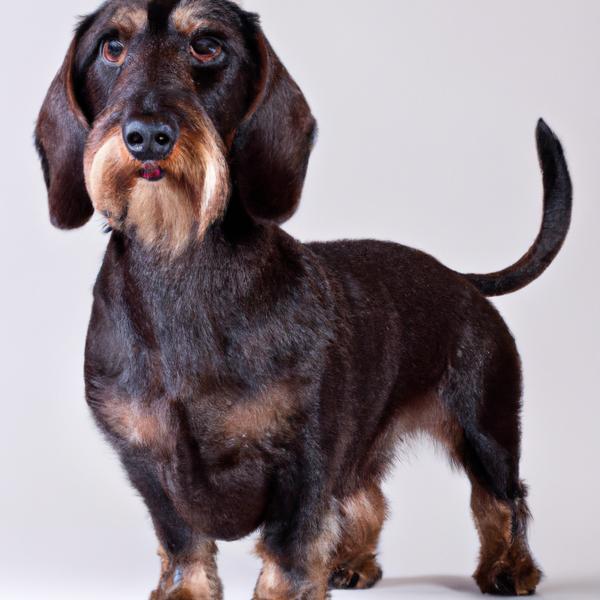
Doxie Scot
Gerberian Shepsky vs Doxie Scot
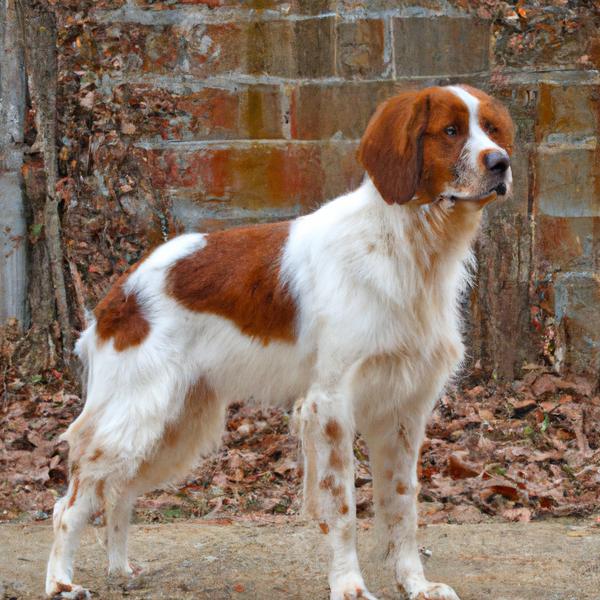
Brittany Bourbonnais
Gerberian Shepsky vs Brittany Bourbonnais
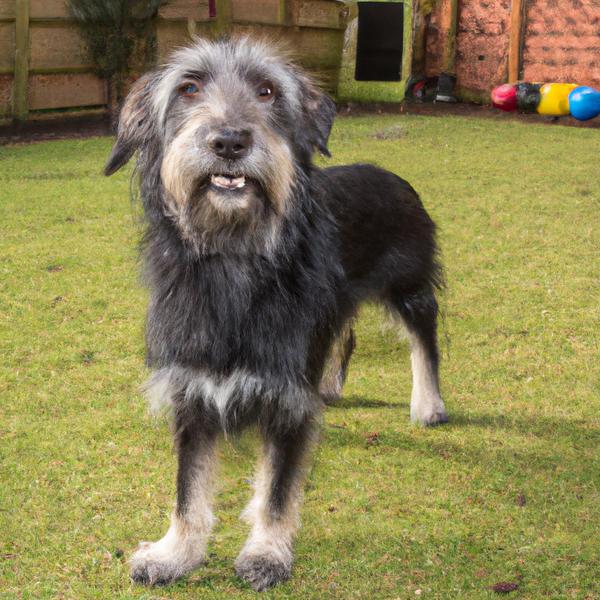
Chatterdale
Gerberian Shepsky vs Chatterdale
